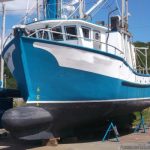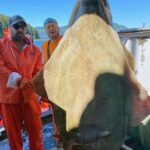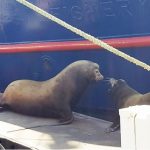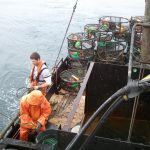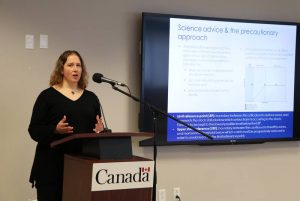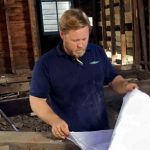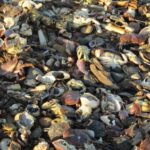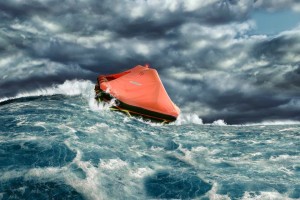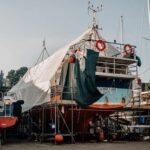Tag Archives: Lee van der Voo
How sustainable seafood can harm coastal communities
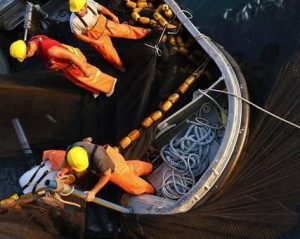 Kai Ryssdal: Tell me the story of how this book came to be. Lee van der Voo: Sure. Actually, I had just written a story about seafood and was in a bar with a bunch of writers loudly complaining about how I was never going to do it again. Somebody heard me and bet me, on the spot, one beer that they could get me to do it. And they started telling me about a new policy push to make seafood more sustainable in America and how it was starting to have some really significant downstream consequences for coastal communities and people who fish. Ryssdal: Long story short, you lost the beer. Van der Voo: Yeah, I lost that bet. It was worth it. Ryssdal: Do me favor and define a term for me, because it’s kind of at the root of this whole book, this idea of “catch share. Audio report, read the rest here 09:08
Kai Ryssdal: Tell me the story of how this book came to be. Lee van der Voo: Sure. Actually, I had just written a story about seafood and was in a bar with a bunch of writers loudly complaining about how I was never going to do it again. Somebody heard me and bet me, on the spot, one beer that they could get me to do it. And they started telling me about a new policy push to make seafood more sustainable in America and how it was starting to have some really significant downstream consequences for coastal communities and people who fish. Ryssdal: Long story short, you lost the beer. Van der Voo: Yeah, I lost that bet. It was worth it. Ryssdal: Do me favor and define a term for me, because it’s kind of at the root of this whole book, this idea of “catch share. Audio report, read the rest here 09:08
How the privatization of our oceans is sinking fishermen
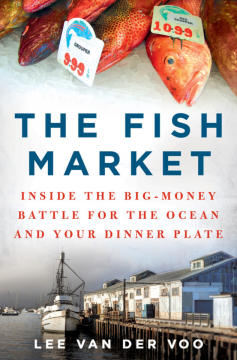 The town of St. George, off the Bering Sea near Alaska, was long home to some of the most robust pollock fishing in the country. But due to a fishing rights management scheme called “catch shares,” the town has no rights to fish its own waters and regularly watches their former industry literally pass them by. “Every year, the industry takes about $2 billion in gains out of this fish resource on the Bering Sea,” St. George Mayor Pat Pletnikoff tells Lee van der Voo in “The Fish Market.” “Not one plug nickel sticks to St. George.” Catch shares work by dividing our oceans just like any other physical property, creating theoretical property lines. Then the rights to fish different species in various sections are awarded to applicants — which could be individuals or companies — based on how much fish they catch over a certain period of time. While catch shares are credited with greater species management — the US government found in 2007 that of 230 species of fish, 92 were going quickly extinct due to overfishing — the catch-shares program has virtually privatized our oceans, destroying the livelihoods of many lifelong fishermen and other small businesses in the process. Read the rest here 08:14
The town of St. George, off the Bering Sea near Alaska, was long home to some of the most robust pollock fishing in the country. But due to a fishing rights management scheme called “catch shares,” the town has no rights to fish its own waters and regularly watches their former industry literally pass them by. “Every year, the industry takes about $2 billion in gains out of this fish resource on the Bering Sea,” St. George Mayor Pat Pletnikoff tells Lee van der Voo in “The Fish Market.” “Not one plug nickel sticks to St. George.” Catch shares work by dividing our oceans just like any other physical property, creating theoretical property lines. Then the rights to fish different species in various sections are awarded to applicants — which could be individuals or companies — based on how much fish they catch over a certain period of time. While catch shares are credited with greater species management — the US government found in 2007 that of 230 species of fish, 92 were going quickly extinct due to overfishing — the catch-shares program has virtually privatized our oceans, destroying the livelihoods of many lifelong fishermen and other small businesses in the process. Read the rest here 08:14

































